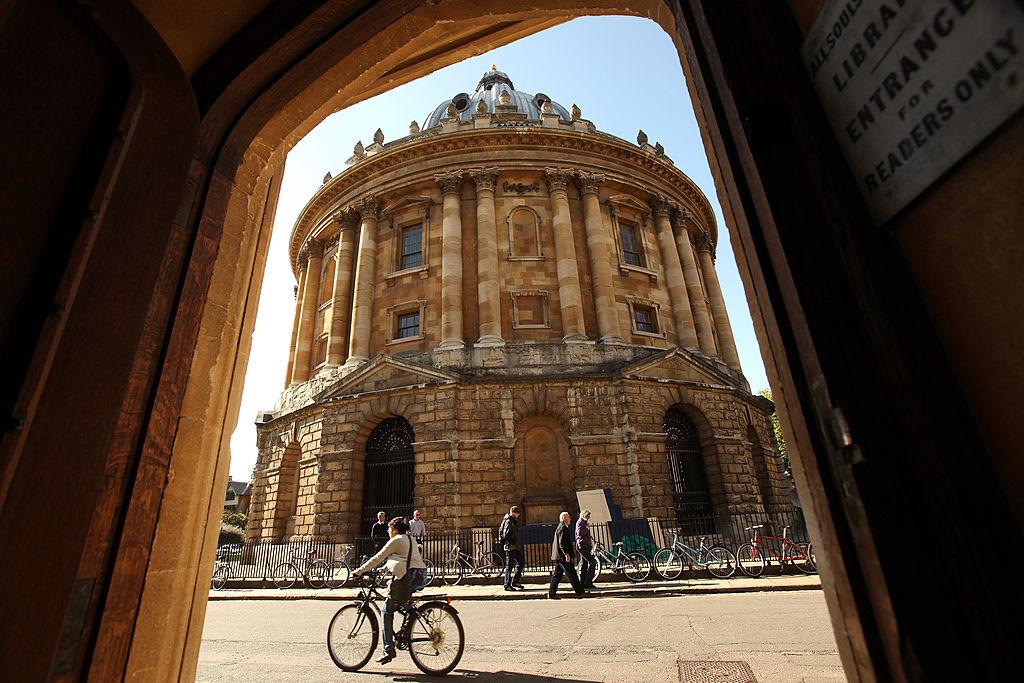As academic collaboration with other countries increases, British professors want to ensure universities protect academic freedom and the safety of scholars from hostile foreign regimes.
A number of professors have formed the Academic Freedom and Internationalisation Working Group (AFIWG), which on Monday published a draft code of conduct (pdf) for use by the British higher education sector.





